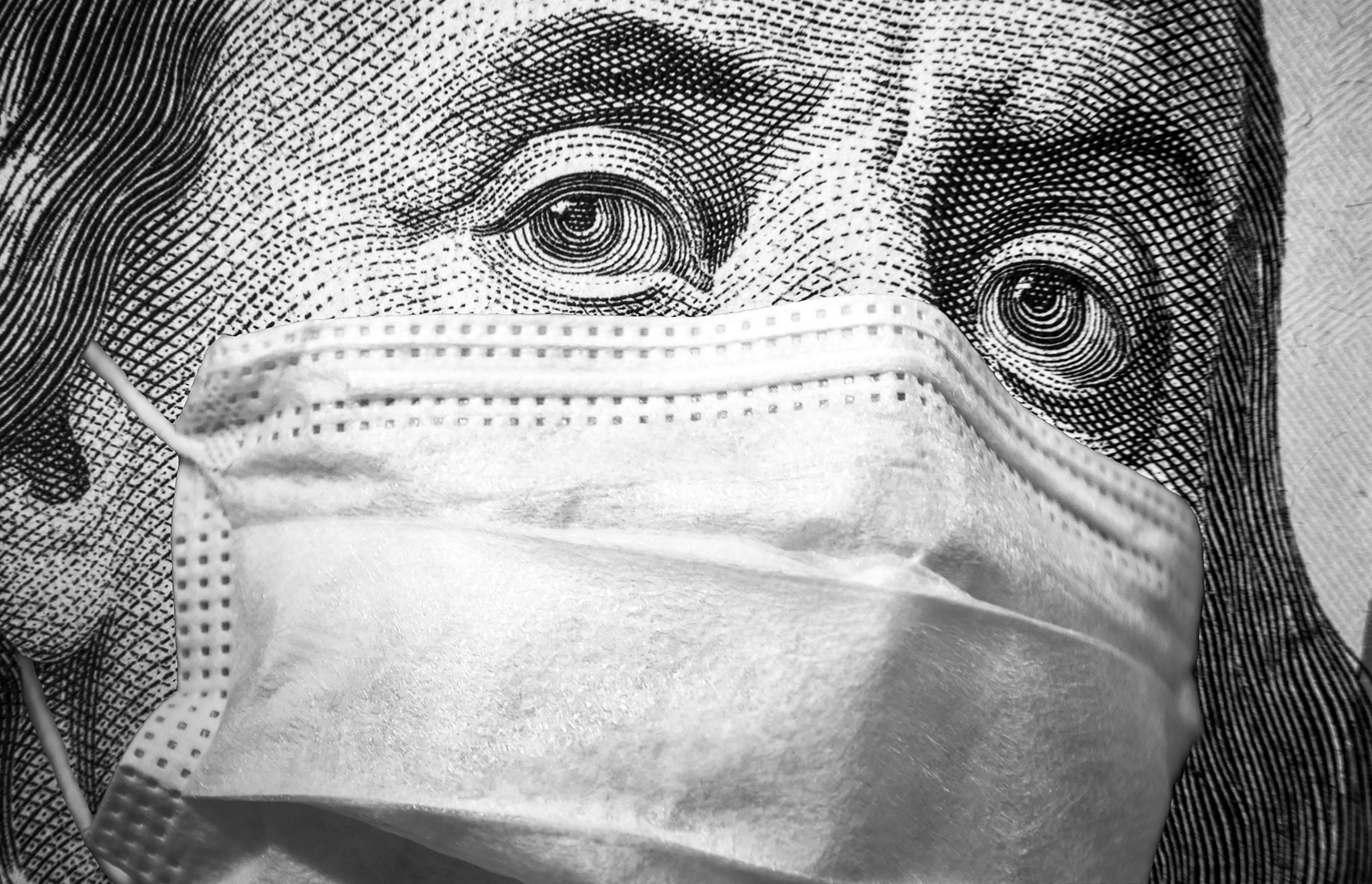Bare shelves during the COVID-19 pandemic may have made inventory managers more conservative. That more conservative approach to inventories, in turn, could have generated a wider gap between output prices (where higher prices diminish end demand and therefore boost inventories) and input prices…Output prices rose significantly more than input prices, i.e., firms hiked margins, potentially as a mechanism to better conserve inventory…(Note that this potential driver of COVID-era margin expansion is distinct from and potentially more plausible than “greedflation.”)
Maybe it started out as inventory managers trying to conserve inventory due to uncertainty, but if you look at the charts, output prices spiked even after input prices had come down significantly, and after supply chains had normalized considerably. I think once the businesses saw that people were still buying at the higher prices, and the record profits they were making, they couldn’t turn down the opportunity. It was probably a combination of inventory management and greedflation. There’s no reason why it has to be only one or the other.
It was probably a combination of inventory management and greedflation. There’s no reason why it has to be only one or the other.
Corporate price gouging has not been a primary driver of U.S. inflation, according to research published on Monday by economists at the Federal Reserve Bank of San Francisco.
While markups for motor vehicles and petroleum products did rise sharply during the 2021-2022 inflation surge, markups across the entire spectrum of U.S. goods and services have been relatively flat during the post-pandemic recovery, the bank’s latest Economic Letter showed.
“As such, rising markups have not been a main driver of the recent surge and subsequent decline in inflation during the current recovery,” wrote the bank’s research chief Sylvain Leduc and colleagues Huiyu Li and Zheng Liu.
That’s a different article. In the original article you posted, the included charts (charts 5 and 6) clearly show a spike in output prices, even after input prices had come down significantly, as I said.
You’re correct it is a different article. It is reporting on greedflation.
Well, maybe the analysts at the Fed made their determination prematurely. Maybe it’s a blind spot in their analysis. I don’t think companies planned it, necessarily. I’m sure they were as surprised as anyone that consumers were paying the higher prices, but the businesses were, nonetheless, more than happy to reap the rewards. I don’t think it’s that unbelievable. That’s why businesses exist, to make as much profit as possible. If consumers are willing to give them more money, they’ll take it. I certainly don’t expect them to turn down the extra profits.
Well, you’re entitled to your opinions, I’ll stick with the data.
I’m not sure the data backs up what the Fed is claiming. Regardless, data doesn’t necessarily tell the whole story, and if you look only at numbers, figures, and ratios, your analysis is likely insufficient.
I disagree entirely. I would counter that your unsourced personal opinion does not counter data.
Can you post the link for that article please?
The study discussed in the Reuters link is:
Holy shit, actual analysis from a thinktank! And here I was so used to thinly veiled lobbying, propaganda pieces, and bribery that I had begun to think the American research institute was dead.
On the actual substance: if this is true, it should be good politically, but I suspect that recovery from the lingering economic trauma arising from inflation (real or imagined) will lag even further. People feel like prices are still rising too fast, whether they actually are or not, and the aforementioned propaganda engine doesn’t help.
Usually what happens is that a Democrat works their ass off fixing the economy, the felt effects lag, and a Republican gets to grunt about how great “their economy” is.
Straight from the regime propaganda original source folks!!!
Hilarious :)
https://mediabiasfactcheck.com/brookings-institute/
Overall, we rate Brooking Institution Left-Center biased based on donations to primarily Democratic candidates and policy advocacy that slightly favors the left. We also rate them Very High for factual reporting due to strong sourcing and a clean fact check record. (D. Van Zandt 5/15/2016) Updated (12/22/2023)
removed by mod
Awesome, I trust it too :)
Output prices rose significantly more than input prices, i.e., firms hiked margins, potentially as a mechanism to better conserve inventory…(Note that this potential driver of COVID-era margin expansion is distinct from and potentially more plausible than “greedflation.”)
Correct
So regime propaganda excusing price gouging which is a crime BTW ;)
Oh I thought there was something rational forthcoming, but it’s just baselessly accusing the source of being propaganda.






